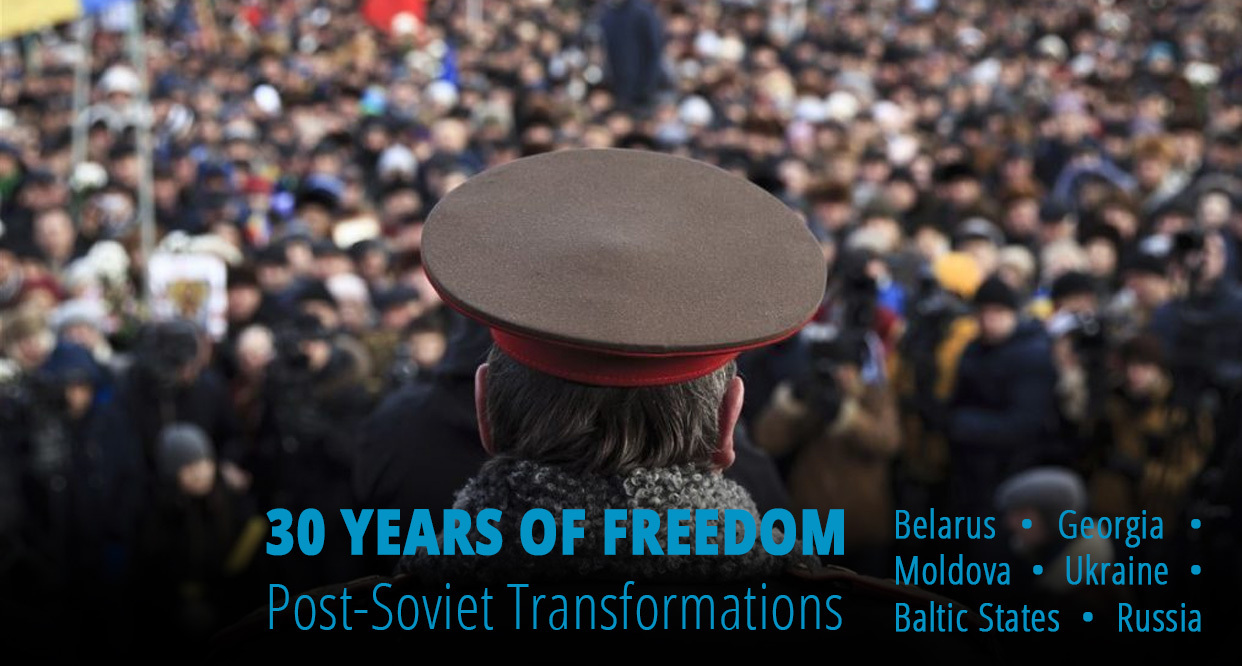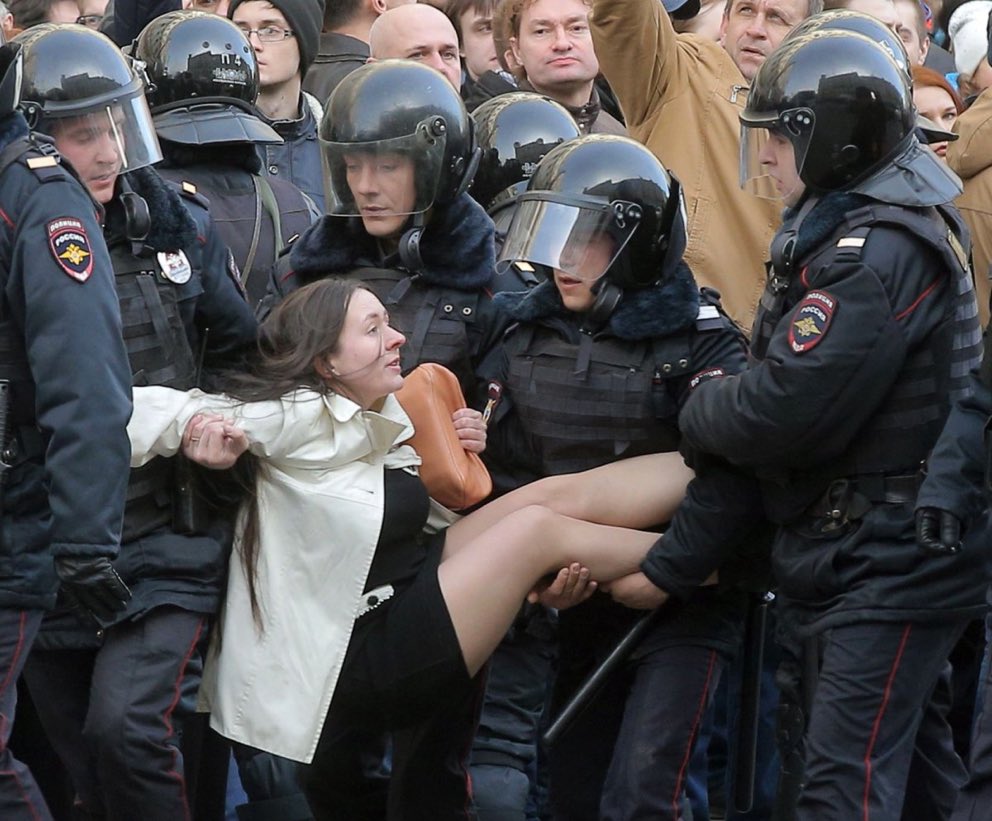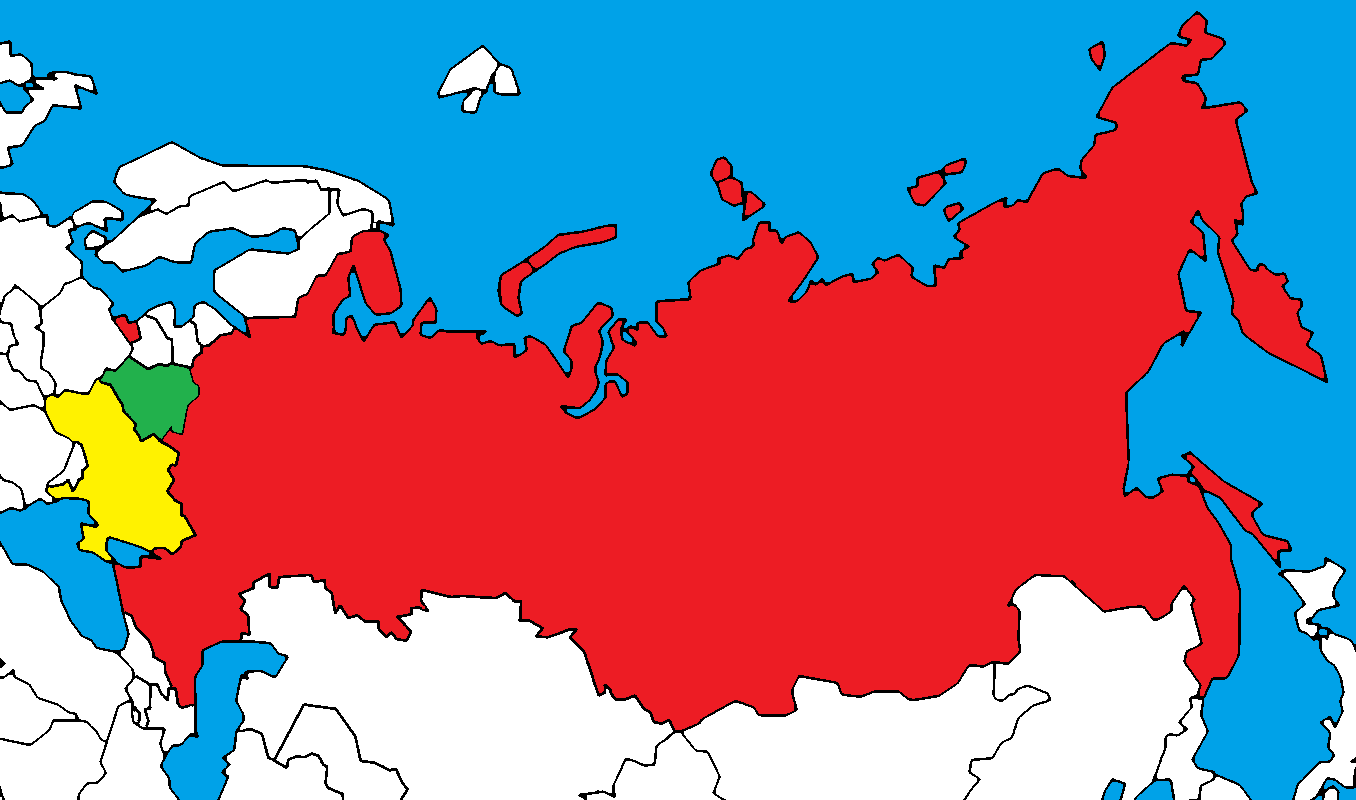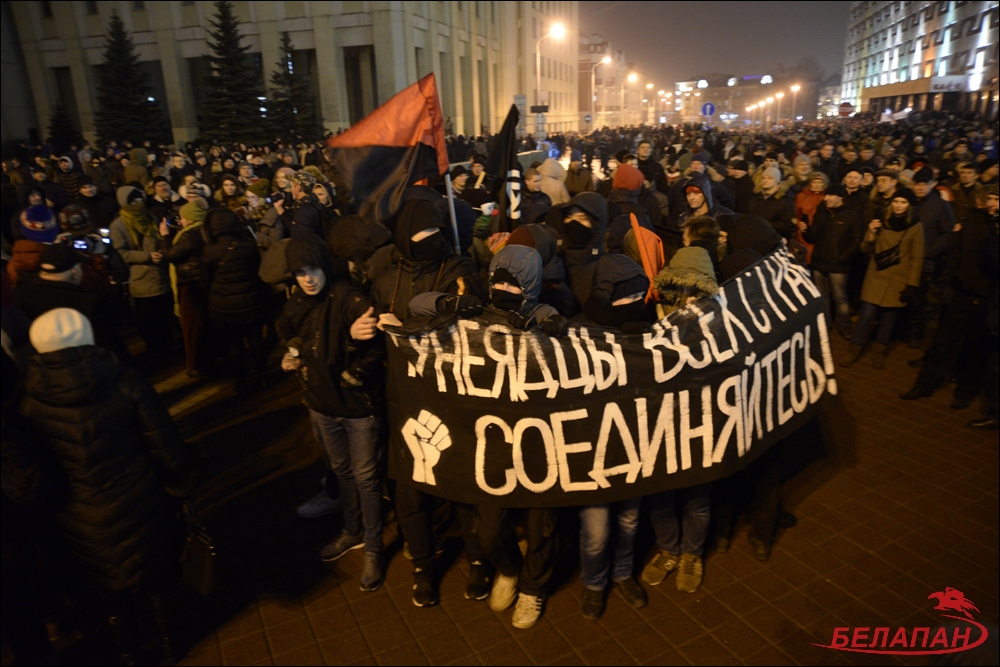In Gorbachev’s time, many Russians told an anecdote about a man who, having stood in line for hours to buy meat and toilet paper without success, starts grumbling and is approached by a Soviet militiaman who tells him he shouldn’t be complaining and that in the old days, he’d have been shot, but now, he’ll be let off with a warning.
The man goes home and says to his wife: “Masha, its worse than we thought. Not only have they run out of meat and toilet paper, but apparently they are running out of bullets as well!” That anecdote may become more truth than poetry in Belarus if stories coming out of Minsk are true.
In the wake of protests across Belarus – see an interactive map – there are two reports that Lukashenka hasn’t run out of bullets just yet but that he is now unable to pay his siloviki what they think they deserve, a potentially fatal problem for a dictator relying on them.
The first report, by Vladimir Kovalkin, a Belarusian activist who tracks government spending, the Belarusian security services raised a hullabaloo in advance of March 25 and over-dramatized what they did in the hopes of getting more money for their work.
Since 2014, he says, spending on the Belarusian siloviki has fallen every year, from 1.289 billion US dollars in that year to only 808 million US dollars in 2017, a reflection of the budget stringencies Lukashenka is acting under given the collapse of his relations with Moscow and the absence of any new sources of revenue.
According to Kovalkin, the employees of Lukashenka’s interior ministry do not do much except disperse opposition meetings and so they have to use those events to justify their existence. In fact, he says, there is no justification for Belarus having as many interior ministry officers as it has.
The second report comes from Nikolay Statkevich, the head of the Belarusian National Congress. He said that
The opposition leader continues that he and his colleagues “had underrated the level of panic among the bosses … The country has been seized by a group of bandits. We must do something. I am not calling you to armed struggle. That isn’t necessary. But peaceful protest shows that we are a people.”
Three other stories coming out of Belarus in the last 36 hours confirm that the situation there has fundamentally changed.
First of all, a psychologist says that Belarusians have lost their fear of the authorities and even their fear of imprisonment and so are prepared to risk far more than in the past. They have the sense, she says, that things are moving quickly and that the Lukashenka regime is not long for this world. One piece of evidence of the changed attitude of Belarusians: they are now expressing their solidarity with those who have been arrested by writing letters to them.
Second, at least some longstanding players in the regime are positioning themselves as supporters of things the opposition cares about. Pavel Yakubovich, perhaps Lukashenka’s most prominent journalistic supporter, says he wants people to remember that he was behind setting up memorials at Kuropaty.
And third, the Lukashenka regime is scrambling to figure out how it can track the organizers of protests, something it has proven extremely bad at in recent weeks, especially given the solidarity of the population and the unwillingness of ordinary Belarusians to turn other Belarusians in.
Related:
- Poll results: our readers think Belarus and Ukraine most imperiled by Russia
- Freedom Day in Belarus: crackdown on mass protests, detentions
- Lukashenka's crackdown will not intimidate Belarusians now, Kalyakin says
- "Anti-parasite tax rallies" throughout Belarus end in mass arrests
- Russian agents in Minsk pushing Lukashenka to crack down hard, Belarusian analysts say
- The Belarusian nation has risen against Lukashenka
- For Belarus, Moscow reanimates themes used to justify aggression in Ukraine
- Is there a Khrushchevian 'Crimea' in Belarus?





